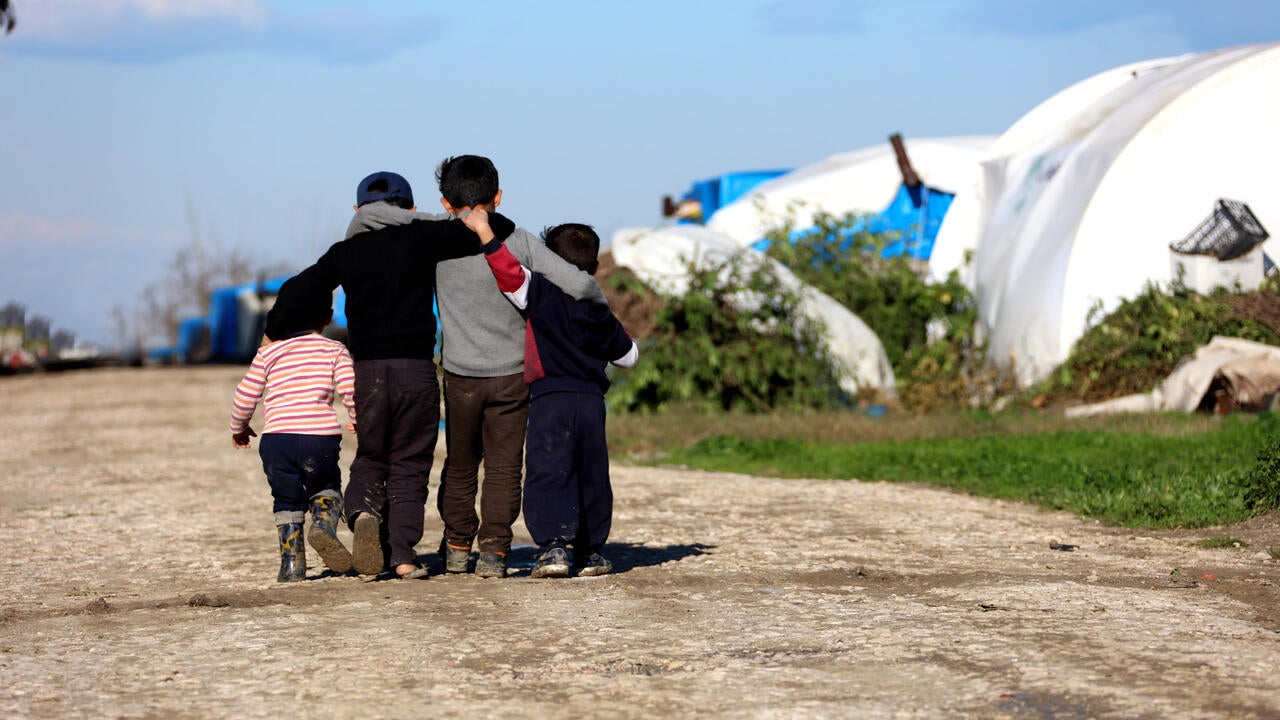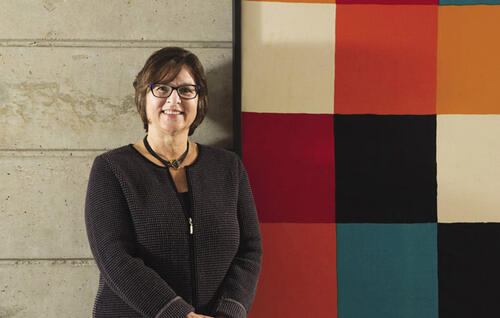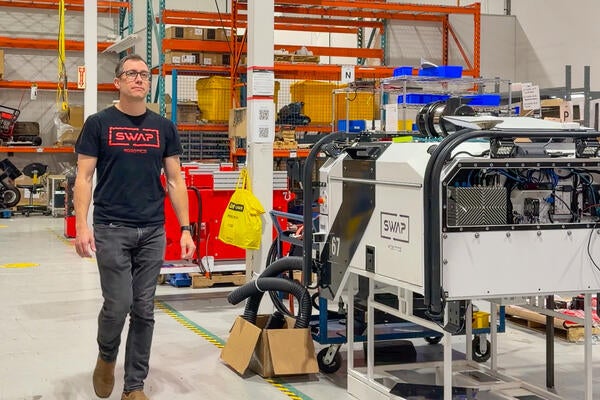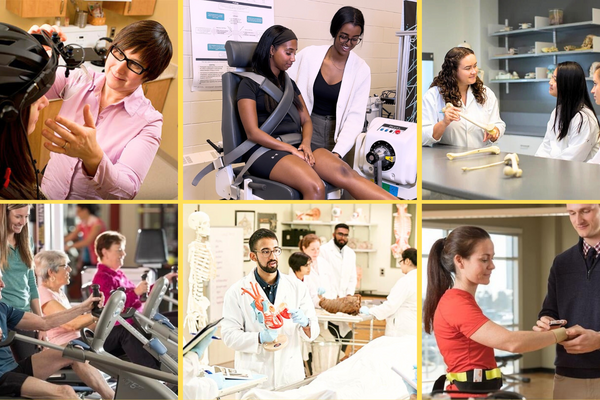
The migrant struggle for justice and safety doesn’t end at the border
Waterloo sociologist says nations need sustainable social, political and economic systems of justice for migrants when they land in host countries

Waterloo sociologist says nations need sustainable social, political and economic systems of justice for migrants when they land in host countries
By Lucas Dunlop University RelationsAfter witnessing mass shootings, being subjected to torture and crawling through sniper-controlled areas, migrants continue to navigate difficult conditions even after they cross the Syrian border, says a University of Waterloo sociologist.
Sometimes children of migrant families are forced to work rather than attend school to help pay for rent and food, Suzan Ilcan, a professor in the Department of Sociology and Legal Studies has found.
Ilcan, who interviewed more than 50 Syrian refugees who have settled in Ontario, says: “The majority of Syrians spoke about their precarious living conditions in Lebanon, Jordon and Turkey, including the lack of permanent residency and formal citizenship, inadequate access to employment, education and healthcare, obstacles to legal and social assistance, poor living and working conditions, and prevailing refugee and anti-foreigner sentiments.”
The term “migrant justice” refers to demands for justice by those on the move who seek access to freedom of movement, safety, protection, rights or citizenship once they are in a new country. In the Syrian case, migrant justice involves negotiating border practices and mobilizing their membership for inclusion or recognition in host states.

Suzan Ilcan, a Sociology and Legal Studies professor at the University of Waterloo.
Refugees are proponents of change
Often perceived as only victims, Ilcan points out that refugees are also agents of change. “The ability for these and other migrants to negotiate bordering crossings highlights their political agency in making decisions to escape the injustices and vulnerabilities of war, and seeking access to protection in host states, even if such protection is limited.”
While their actions are certainly important, Ilcan emphasizes the need for greater support and policy changes throughout surrounding countries like Lebanon, Jordon, and Turkey.
Ultimately, refugees who face these issues must make a choice: continue their migration to places like Canada that have policies to protect refugees, or stay where they are and learn how to navigate their situation in border countries. With many refugees having to flee their homes without their assets, or having their livelihoods destroyed by war, moving to somewhere like Canada is not always an option. Ilcan stresses that governments, including those within close proximity to places like Syria, must make strong, sustainable policies to assist migrants in their journey towards freedom and migratory justice.

Read more
To meet our AI ambitions, we’ll need to lean upon Canada’s unique strengths

Read more
Swap Robotics is transforming outdoor work with automation, sustainability and clean energy innovation

Read more
From optometry and pharmacy to public health and therapeutics, Waterloo alumni are powering Canada’s health care sector
The University of Waterloo acknowledges that much of our work takes place on the traditional territory of the Neutral, Anishinaabeg, and Haudenosaunee peoples. Our main campus is situated on the Haldimand Tract, the land granted to the Six Nations that includes six miles on each side of the Grand River. Our active work toward reconciliation takes place across our campuses through research, learning, teaching, and community building, and is co-ordinated within the Office of Indigenous Relations.